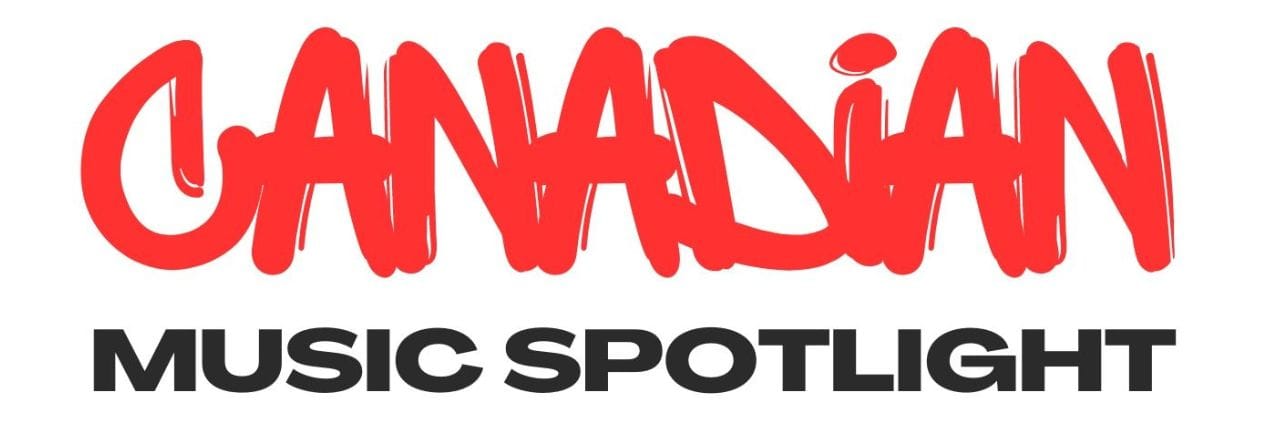5 New Year's Resolutions to Take Your Music to the Next Level

Setting clear and achievable goals is essential for any musician looking to take their craft to the next level. Whether it's mastering a new instrument, writing a certain number of songs, or reaching a specific number of followers on social media, having well-defined objectives provides a roadmap for progress. For example, a singer-songwriter might set a goal to write and record an EP within the next year, while a guitarist might aim to learn advanced fingerpicking techniques.
By breaking down larger aspirations into smaller, actionable steps, musicians can track their progress and stay motivated throughout the year. Moreover, setting goals also involves reflecting on one's musical identity and vision. This may include defining the genre or style of music one wants to focus on, identifying the audience they want to reach, and envisioning the impact they want their music to have.
For instance, a jazz pianist might set a goal to perform at a renowned jazz festival, while a pop artist might aim to collaborate with a well-known producer. By clarifying their musical direction and aspirations, musicians can align their efforts and resources towards achieving their desired outcomes.
1 Expanding Your Musical Skill Set
(a) Exploring New Musical Horizons
By broadening their musical horizons, musicians not only enrich their creative palette but also open up new opportunities for collaboration and artistic expression. For instance, a classical violinist might explore electronic music production techniques, while a rock drummer might take up jazz drumming to enhance their rhythmic vocabulary.
(b) Developing Technical Proficiency
Honing technical proficiency and musical fluency is an ongoing process that requires dedication and discipline. This may involve regular practice sessions focused on scales, arpeggios, sight-reading, or improvisation, depending on the individual's musical goals.
(c) Seeking Guidance and Refining Skills
Additionally, seeking guidance from experienced mentors or instructors can provide valuable insights and feedback to help musicians refine their skills. By continuously pushing the boundaries of their musical abilities, musicians can elevate their artistry and stand out in a competitive industry.
(d) Building a Stronger Network in the Music Industry
Networking and building meaningful connections within the music industry can significantly impact a musician's career trajectory. Attending industry events, music conferences, and local gigs provides opportunities to meet fellow musicians, producers, promoters, and other industry professionals. For example, collaborating with local artists on a charity event or participating in songwriting workshops can foster valuable relationships and potential collaborations.
Additionally, leveraging social media platforms and online communities allows musicians to connect with a global audience and engage with industry influencers. Moreover, nurturing professional relationships involves reciprocity and genuine engagement. Supporting other artists by attending their shows, sharing their music, or offering assistance can create a supportive network of peers who are willing to reciprocate.
Furthermore, maintaining a professional and courteous demeanor in all interactions, whether in person or online, contributes to building a positive reputation within the industry. By cultivating a strong network of allies and collaborators, musicians can access new opportunities for exposure, collaboration, and career advancement.
2 Embracing New Opportunities for Performance and Exposure
Seeking out new opportunities for performance and exposure is essential for expanding one's audience and gaining recognition as a musician. This may involve booking gigs at different venues, participating in music festivals, or organizing intimate house concerts. Additionally, exploring alternative performance spaces such as art galleries, community centers, or outdoor events can provide unique platforms to showcase one's music to diverse audiences.
Furthermore, collaborating with visual artists, dancers, or other creatives can create multidisciplinary performances that captivate audiences and leave a lasting impression. Furthermore, embracing digital platforms for exposure is crucial in today's music landscape. Utilizing streaming services, creating engaging content on social media, and producing high-quality music videos can broaden a musician's reach and attract new fans.
Moreover, submitting music to online playlists, blogs, and independent radio stations can generate buzz and attract industry attention. By embracing diverse avenues for performance and exposure, musicians can expand their fan base and create momentum for their musical journey.
3 Developing a Consistent and Effective Practice Routine
Establishing a consistent and effective practice routine is fundamental for honing one's craft and maintaining musical proficiency. This involves setting aside dedicated time for practice each day or week, depending on individual schedules and commitments. For example, a vocalist might allocate time for vocal exercises and repertoire rehearsal every morning, while a guitarist might focus on technique drills and learning new songs in the evenings.
Additionally, structuring practice sessions with specific goals and objectives helps musicians stay focused and make tangible progress. Moreover, incorporating varied practice techniques such as slow practice, focused listening, mental rehearsal, and deliberate repetition can enhance the effectiveness of practice sessions. Furthermore, seeking feedback from peers or instructors can provide valuable insights for improvement and growth.
Additionally, integrating mindfulness practices such as meditation or visualization can help musicians cultivate a focused and present mindset during practice. By developing a consistent and purposeful practice routine, musicians can elevate their skills and musical fluency over time.
4 Investing in Professional Development and Education
Investing in ongoing professional development and education is crucial for staying relevant and competitive in the ever-evolving music industry. This may involve enrolling in music courses, workshops, or masterclasses to deepen one's understanding of music theory, composition, performance techniques, or music business practices. Additionally, pursuing certifications or degrees in music-related fields can provide comprehensive training and credentials that enhance one's professional profile.
For example, a songwriter might enroll in a lyric-writing workshop to refine their storytelling skills, while a music producer might attend a mixing and mastering course to elevate their production quality. Furthermore, staying informed about industry trends, technological advancements, and market demands is essential for adapting to the changing landscape of the music business. This may involve attending seminars on music marketing strategies, digital distribution platforms, or copyright laws to navigate the complexities of the industry effectively.
Additionally, seeking mentorship from established professionals or joining industry associations can provide valuable guidance and networking opportunities for career advancement. By investing in continuous learning and professional development, musicians can position themselves as knowledgeable and adaptable professionals in the competitive music market.
5 Cultivating a Positive and Resilient Mindset for Musical Success
Cultivating a positive and resilient mindset is paramount for navigating the challenges and uncertainties inherent in pursuing a career in music. This involves developing self-awareness, emotional intelligence, and mental fortitude to overcome setbacks and persevere through adversity. For example, practicing self-care routines such as exercise, meditation, or journaling can help musicians manage stress and maintain emotional well-being amidst the demands of their careers.
Additionally, seeking support from peers, mentors, or mental health professionals can provide valuable resources for coping with performance anxiety, creative blocks, or career pressures. Moreover, reframing setbacks as learning opportunities and embracing failure as part of the growth process fosters resilience and adaptability. This mindset shift allows musicians to approach challenges with optimism and determination rather than succumbing to discouragement or self-doubt.
Furthermore, celebrating small victories and milestones along the musical journey reinforces a positive outlook and sustains motivation. By cultivating a resilient mindset grounded in self-compassion and perseverance, musicians can navigate the highs and lows of their careers with grace and resilience. In conclusion, by setting clear goals for musical growth, expanding their skill set, building a strong network in the music industry, embracing new opportunities for performance and exposure, developing consistent practice routines, investing in professional development and education, as well as cultivating a positive and resilient mindset for musical success; musicians can elevate their artistry and propel their careers to new heights in the coming year.
